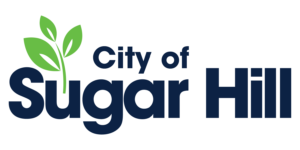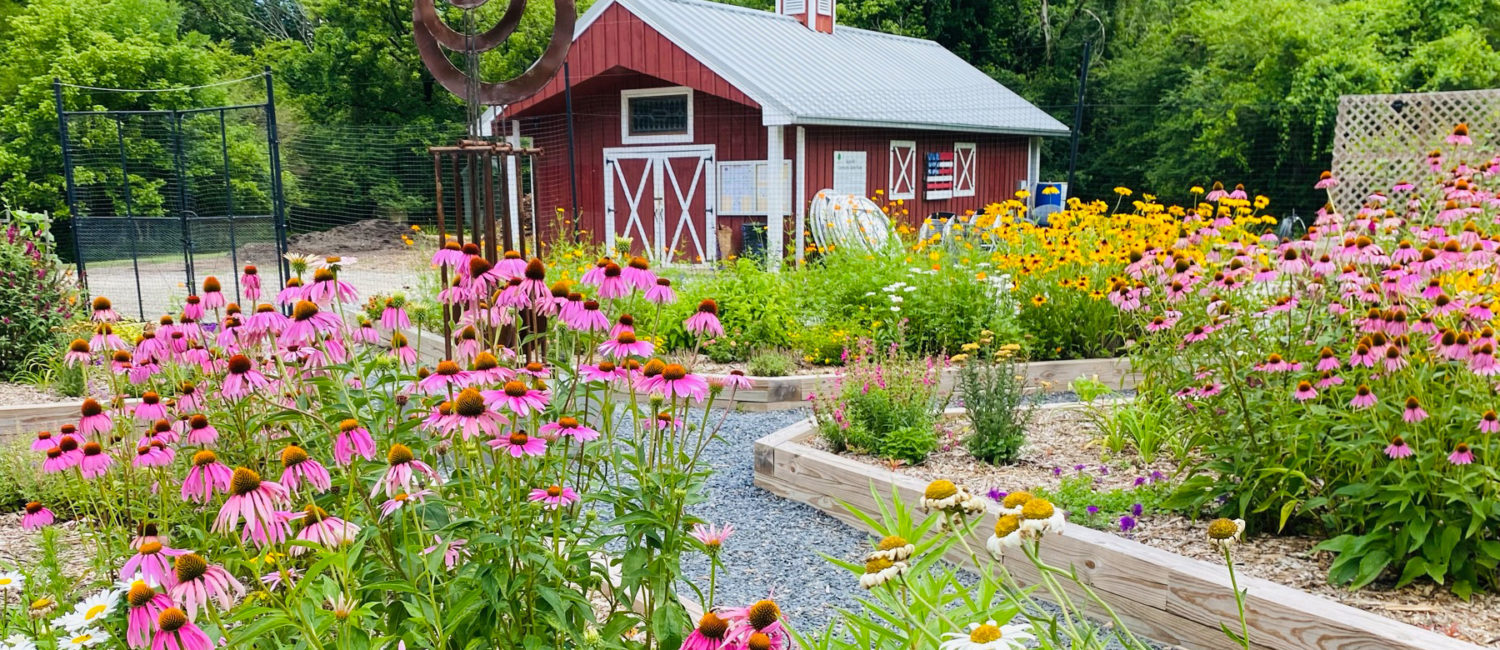
Community Garden
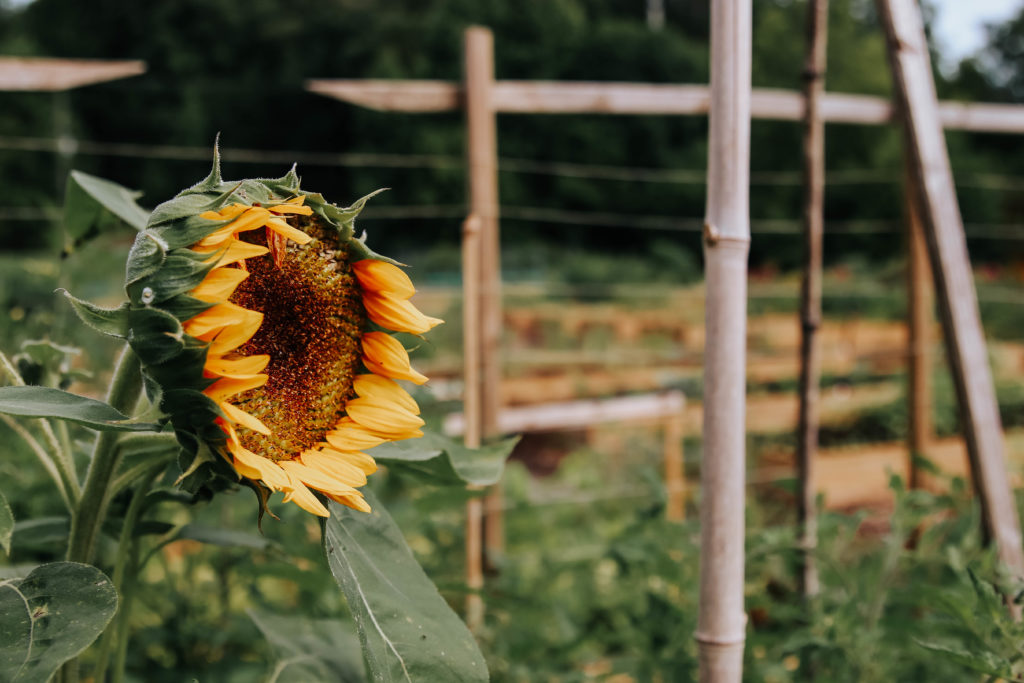
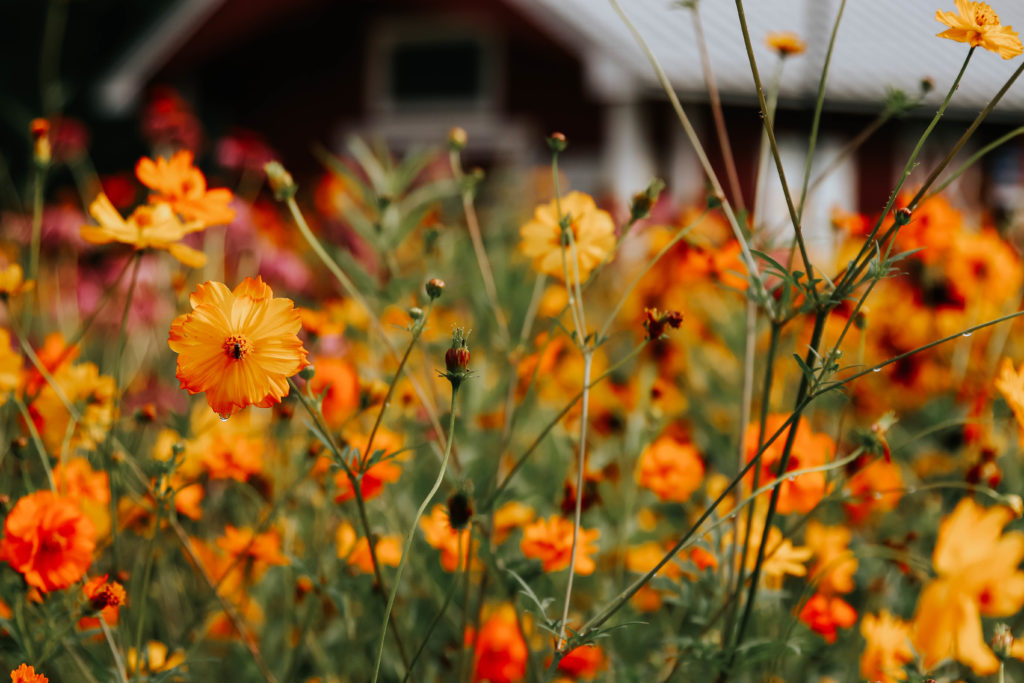
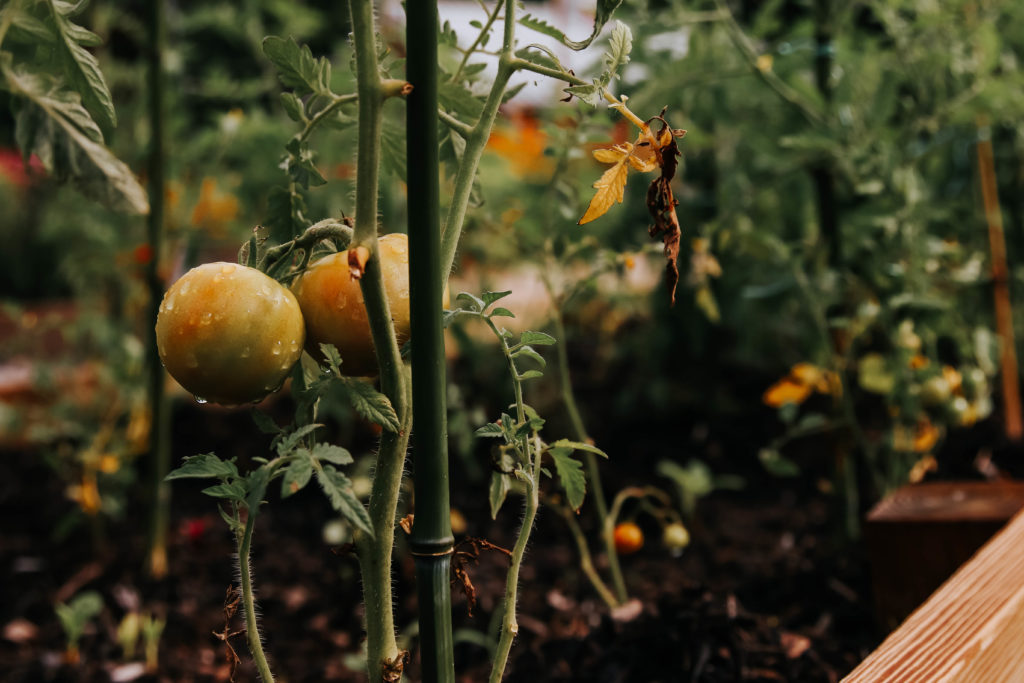
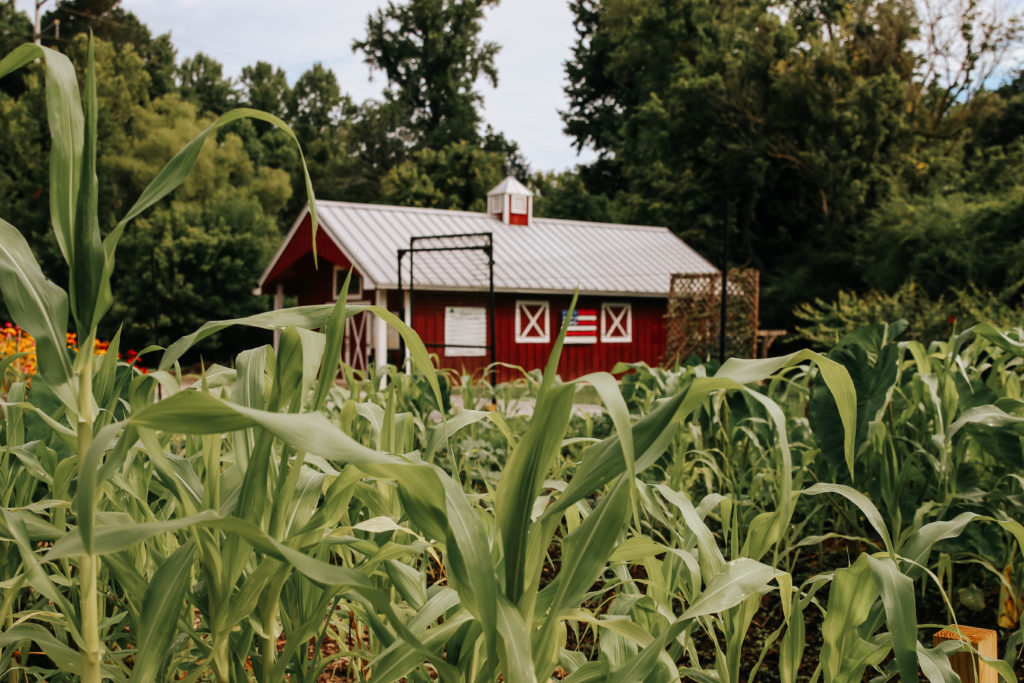
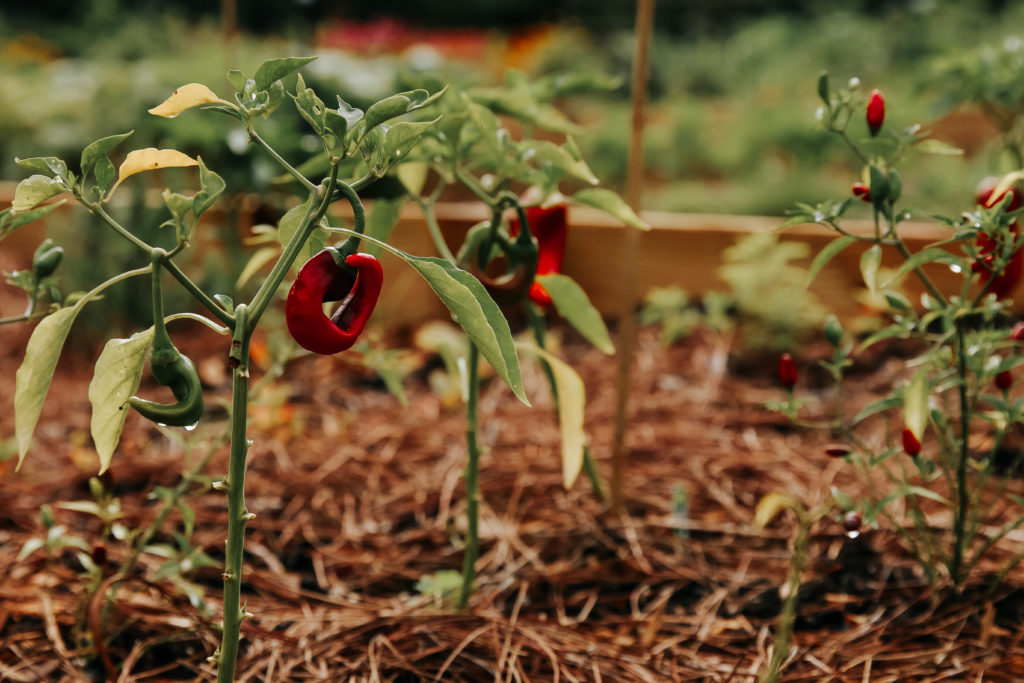
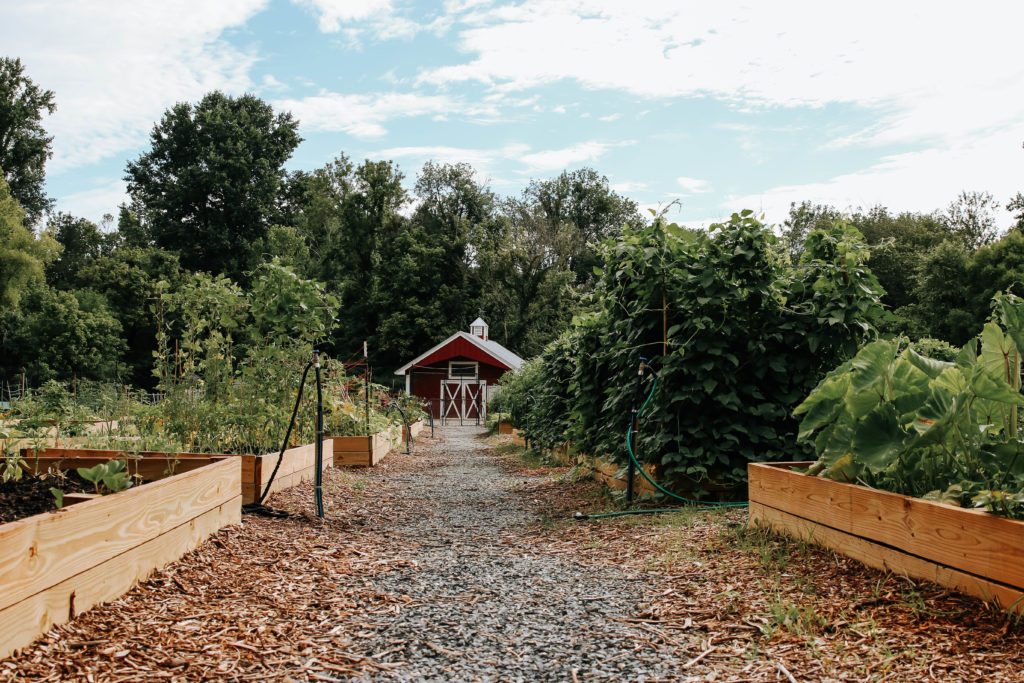
Join The Garden Community
The city’s community garden, located at Pirkle Park, open plots are available to those interested in starting a garden in this collaborative gardening environment. All levels of experience are welcomed. Plots are 5 ft wide and 15 ft long. Water, tools, soil, mulch, and other supplies are available for members.
Please review the Garden By-Laws and Gardener’s Agreement before registering. To register online, click the button below or stop by the front desk of the the E Center to register in person.
For more information on the garden, please contact Recreation Department at 770-831-7413 or email the Garden Board at sugarhillcg@gmail.com.
About The Garden
The garden was created in 2011 with very limited funding and only 17 original members. Initially started as a garden club, the name was changed to the Sugar Hill Community Garden and the first garden board was formed in 2012. In addition to the garden, the barn was also built in 2011 which included a weathervane and a stained-glass window from the Gardner family’s farmhouse.
Early gardening was done in various forms. Some people tilled the ground and farmed in traditional methods whereas others used varying sizes of raised garden plots. Over the next few years, a deer fence was added, an irrigation system was set up and the parking lot was paved. During this time, water was pumped from the nearby Richland Creek. Due to the filter constantly getting clogged up with silt from the creek, the city decided to convert to county water for a much more reliable source.
The highlight of the garden’s revitalization efforts is the complete rebuilding and expansion of existing plots. The old, rotten frames were removed, and larger, taller frames were built to provide an increased utilization rate of 50% for the garden area. A pollinator garden was built in 2020 and expanded in 2021.
POLLINATORS ARE OUR FRIENDS
WHAT DO OUR FRIENDS LOOK LIKE?
Our friends in nature include bugs, birds, and even bats, coming in all shapes and sizes. These hungry creatures feed on nectar and other plant parts, spreading seeds and pollen as they go. While many have wings to fly, others do not—ants and beetles, for instance, also play an important role in pollination.
WHY ARE THEY OUR FRIENDS?
HOW CAN WE HELP OUR FRIENDS?
Helping pollinators begins right in your own backyard! Start by reducing pesticide use—spraying for pests like mosquitoes can inadvertently harm beneficial creatures, including bees, other insects, and the birds that depend on them for food.
Your backyard is also an ideal spot for a native garden. Native plants provide essential nourishment for pollinators, are often as beautiful as non-native species, and typically require less water.
By reducing, reusing, and recycling, we can all be better stewards of the planet, supporting pollinators and creating a healthier environment for everyone.

5039 West Broad Street • Sugar Hill, GA 30518
Phone: (770) 945-6716 • Monday – Friday, 8:00 am – 5:00 pm
